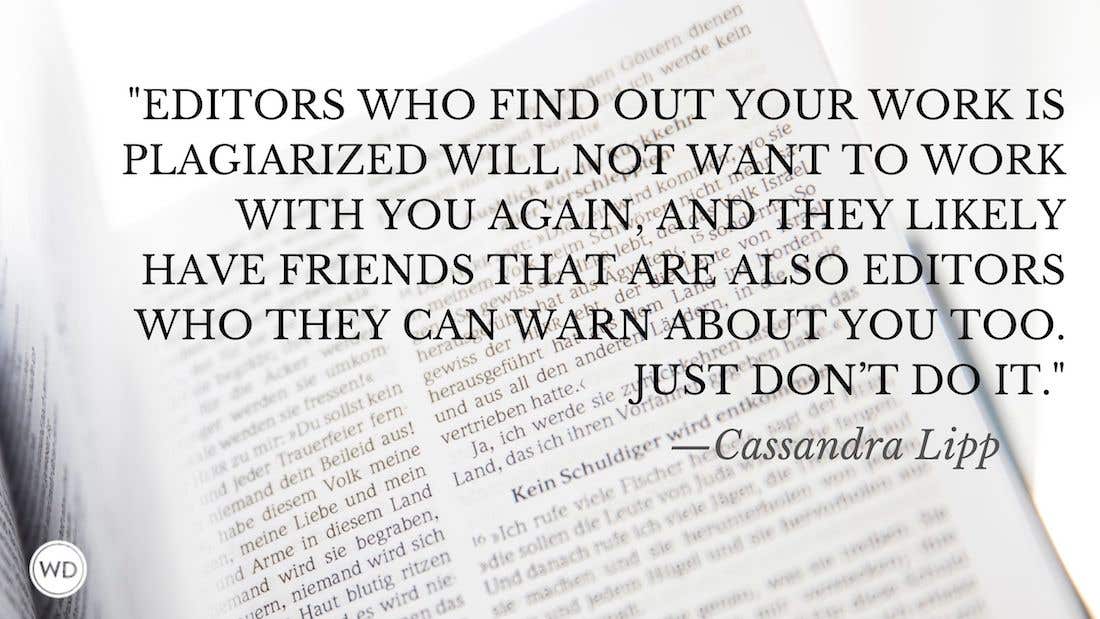Altering poetry for publication: Good or bad?
I like making these post-#poettues posts after tweeting poetry on Tuesdays on Twitter. (Click here to view this week’s transcript.) Today, we discussed self-publishing poetry in unusual formats, the importance…
I like making these post-#poettues posts after tweeting poetry on Tuesdays on Twitter. (Click here to view this week's transcript.) Today, we discussed self-publishing poetry in unusual formats, the importance of quality and design in publication, and selective poetry journals vs. those that accept about anything. And then, we hit upon the big topic of the day, which was actually a series of slightly different topics related to altering poems for publication.
Altering poems for publication
I believe the first question related to whether poets altered their poems for publication. In a way, all poets who try to publish their work do alter their poems for publication through the act of revision. At least, most poets should take revision seriously (even if you're having fun with the process and treating it as what it is--an opportunity to experiment and refine).
In this sense of revising poems for publication, most poets should answer yes, I suppose. In my own case, I write and revise (and repeat) until I think a poem is ready to be submitted (if I ever think the poem is ready to be submitted--many don't make it that far). Some poems are accepted on the first submission, but most are not.
With those rejected poems, I look them over for flaws and use the rejection as another opportunity for revision (and I decide in some cases that some poems aren't worth submitting again--at least in their current state). Not every poem gets revised, but I at least go through the process of trying to improve the poem if I can.
That's my process (and the process of other poets), but I don't think the original question meant altering in that way. I think the original question had to do more with...
Poets selling out to get published
On one hand, this is kind of silly, because there is no money in poetry. On the other hand, I deal with writers (including poets) on a daily basis, and I know how some of them think. Some writers are constantly chasing the three carrots of publication, fame and fortune.
Writers (poets included) often do not achieve any of those goals by chasing carrots. Instead, they are able to find success by creating art and then smartly knowing how to share their art with the world around them.
This led to an interesting aside.
Can art and popularity co-exist?
My answer is, "Yes. I think it can." I don't think all great art is popular, and I don't think everything that's popular is art, but there is a sweet spot in which they can come together. I think the main reason it doesn't happen more often (or is not recognized as happening more often) is that both camps (arty and popular) have misconceptions about the other.
The artistic camp sees popularity as "selling out." It doesn't matter if you're talking music, painting, or writing poetry. So true artists are supposed to shun popularity and at the same time complain about the lack of attention truly great work receives.
The popular camp sees art as "pretentious and full of itself." Art is often pushing the boundaries and so it is uncomfortable for the mainstream audience. That is, until they get more comfortable with it.
How can art and popularity co-exist?
First, stay true to your muse. Don't chase carrots. Create and experiment and have fun.
Second, don't be afraid to share your work. Connect with other poets and readers of poetry (even those who don't think they like poetry) and share your poems.
There is no third step. Just create and share. Easy as that.
*****
Follow me on Twitter @robertleebrewer
Link to me on LinkedIn by clicking here.
You can also join the LinkedIn Poetic Asides group.
*****
Plus, here's a thoughtful post on today's #poettues conversation by @BrianKSpears. (Click to continue.)
*****
Check these out:
- Write That Book Already!, by Sam Barry and Kathi Kamen
- The Constant Art of Being a Writer, by N.M. Kelby
- The Lifecycle of a Book (webinar)
Robert Lee Brewer is Senior Editor of Writer's Digest, which includes managing the content on WritersDigest.com and programming virtual conferences. He's the author of 40 Plot Twist Prompts for Writers: Writing Ideas for Bending Stories in New Directions, The Complete Guide of Poetic Forms: 100+ Poetic Form Definitions and Examples for Poets, Poem-a-Day: 365 Poetry Writing Prompts for a Year of Poeming, and more. Also, he's the editor of Writer's Market, Poet's Market, and Guide to Literary Agents. Follow him on Twitter @robertleebrewer.








